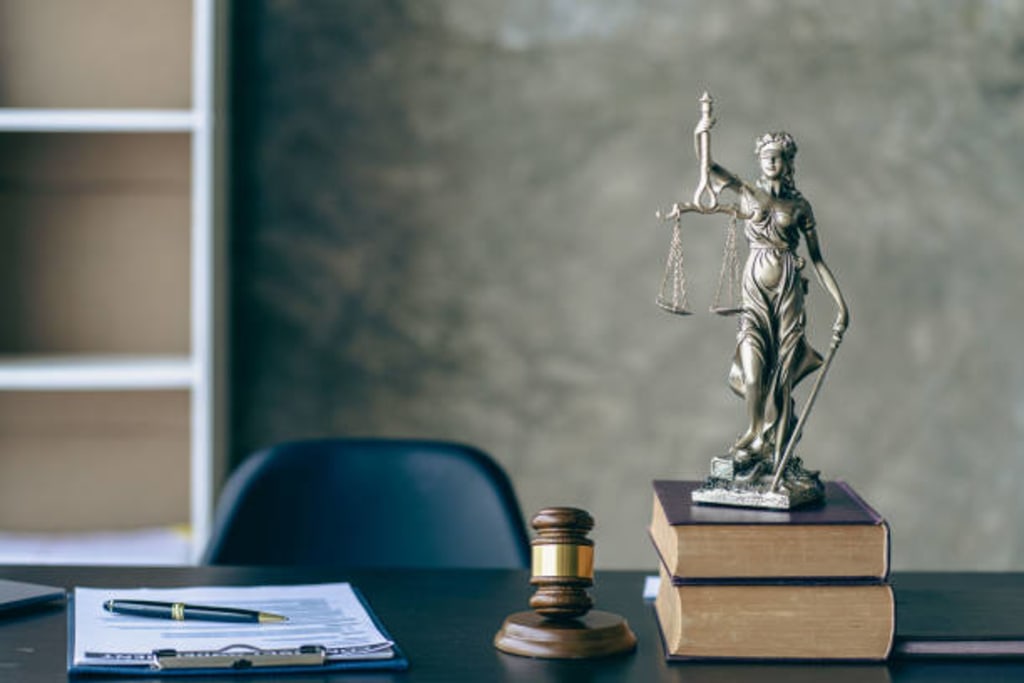
Public law is a branch of law that deals with the relationship between the government and its citizens, as well as the structure, powers, and functions of government institutions. It sets out the rules and principles that govern the exercise of public authority and ensures accountability and the protection of individual rights within the framework of the state.
Here are some key aspects and areas of public law:
Constitutional Law: Constitutional law forms the foundation of public law. It deals with the principles, structure, and powers of the government as outlined in a constitution. It defines the organization of the state, the separation of powers among different branches of government (executive, legislative, and judicial), and the fundamental rights and freedoms of citizens.
Administrative Law: Administrative law governs the actions and decision-making processes of administrative agencies, departments, and officials. It ensures that public authorities act within the limits of their powers, follow fair procedures, and provide reasons for their decisions. Administrative law also covers judicial review, which allows the courts to review the legality and rationality of administrative actions.
Criminal Law: Criminal law falls within the scope of public law as it deals with offenses against the state or society. It defines and punishes acts that are considered crimes, such as murder, theft, fraud, and assault. Criminal law establishes the legal framework for investigating crimes, prosecuting offenders, and imposing penalties.
Constitutional Rights and Human Rights: Public law includes the protection of constitutional rights and human rights. These rights are enshrined in national constitutions or international human rights instruments. Public law ensures that these rights are upheld by the government and provides mechanisms for individuals to seek remedies when their rights are violated.
International Law: Public international law governs the relationships between states and other international actors. It includes treaties, conventions, and agreements that regulate issues such as diplomatic relations, human rights, armed conflict, trade, and the environment. International law plays a significant role in shaping the actions and behavior of states on the global stage.
Election Law: Election law governs the conduct of elections and the electoral process. It establishes rules for the eligibility of candidates, voter registration, campaigning, financing of elections, and the resolution of election disputes. Election law ensures fairness, transparency, and the democratic functioning of electoral systems.
Environmental Law: Environmental law falls under public law as it deals with regulations and policies that aim to protect the environment and natural resources. It encompasses legislation related to pollution control, conservation, land use planning, biodiversity, and sustainable development.
These are just a few examples of the diverse areas within public law. Public law plays a crucial role in safeguarding the rights and interests of individuals, promoting good governance, and maintaining the balance of power between the government and the citizens. It is an essential aspect of legal systems in democratic societies.
Criminal law explained is however, a branch of law that deals with crimes committed against society as a whole, rather than individual disputes between parties. It establishes a system of rules and regulations that define criminal offenses, determine the punishment for those offenses, and outline the procedures for investigating, prosecuting, and adjudicating criminal cases.
Here are some key aspects of criminal law:
Criminal Offenses: Criminal law defines various types of offenses that are considered crimes. These offenses can range from minor offenses, such as petty theft or trespassing, to serious offenses, such as murder, robbery, or drug trafficking. Criminal offenses are typically categorized based on their severity, with felonies being more serious than misdemeanors.
Elements of a Crime: Each criminal offense has specific elements that must be proven for someone to be convicted of that offense. These elements typically include the act (actus reus) and the mental state or intent (mens rea) of the person committing the offense. For example, in a murder case, the act might be the intentional killing of another person with malice aforethought.
Criminal Liability: Criminal law establishes the principles of criminal liability, determining who can be held responsible for committing a crime. Generally, individuals are held responsible for their own actions, but in some cases, criminal liability can extend to accomplices who assist or participate in the commission of a crime.
Punishment and Sentencing: Criminal law sets out the punishments for various criminal offenses. These punishments can include fines, probation, community service, imprisonment, or in some jurisdictions, capital punishment. The severity of the punishment is often determined by factors such as the nature and seriousness of the offense, the defendant's criminal history, and any mitigating or aggravating circumstances.
Criminal Procedure: Criminal law establishes the procedures for investigating, prosecuting, and adjudicating criminal cases. This includes rules for police investigations, gathering evidence, making arrests, conducting trials, and ensuring the rights of the accused, such as the right to legal representation and a fair trial. Criminal procedure also encompasses the rules of evidence and the standards for proving guilt beyond a reasonable doubt.
Rehabilitation and Corrections: In addition to punishment, criminal law recognizes the importance of rehabilitation and correction. Many criminal justice systems incorporate measures aimed at helping offenders reform and reintegrate into society, such as probation, parole, counseling, and educational programs.
It's important to note that criminal law varies from jurisdiction to jurisdiction, and legal systems may have different definitions of criminal offenses and varying punishments for those offenses. Additionally, criminal law operates within the framework of constitutional rights and principles, ensuring that individuals accused of crimes are afforded due process and protection against arbitrary or unjust treatment.





Comments
There are no comments for this story
Be the first to respond and start the conversation.